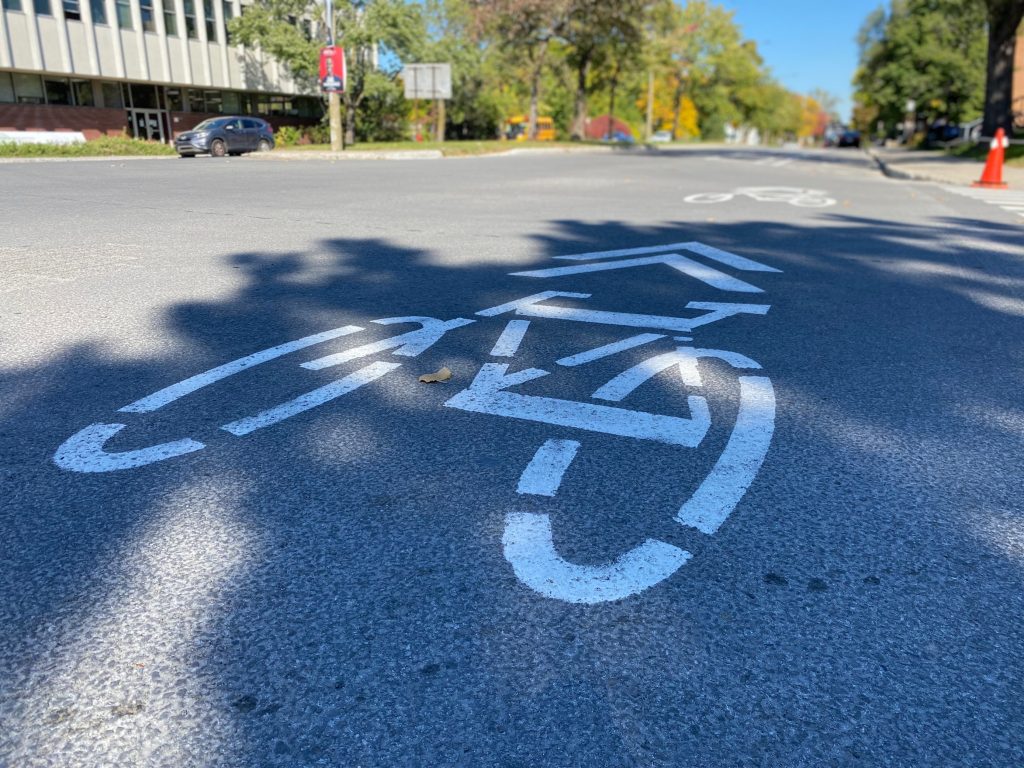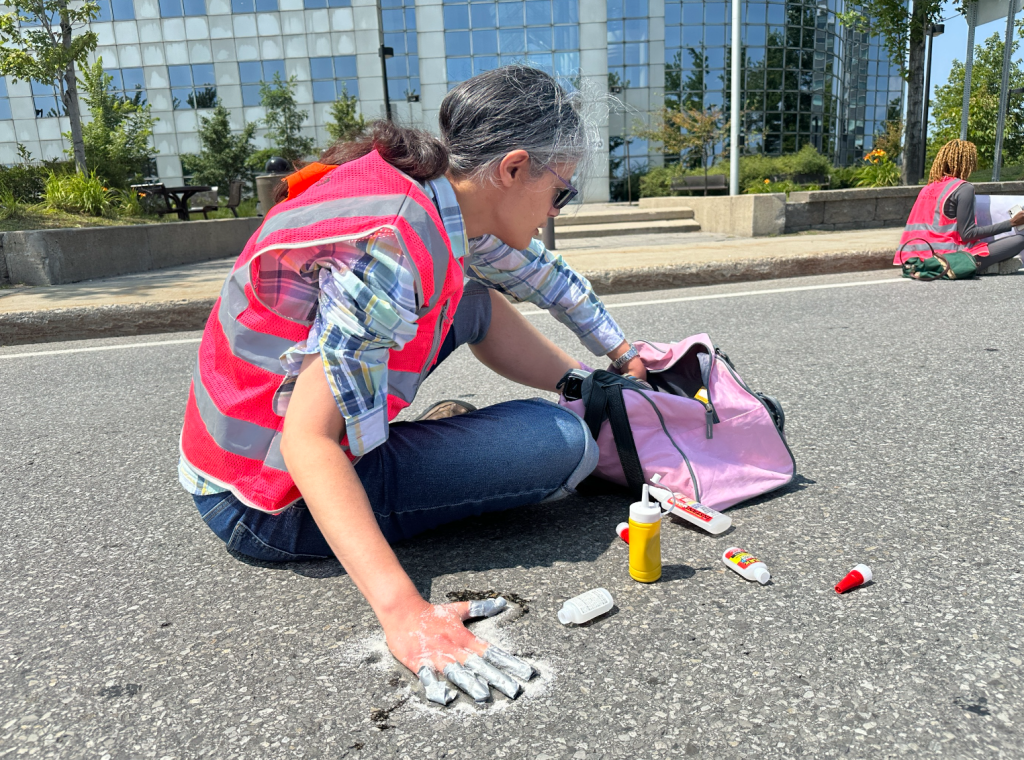Quebec’s Bill 21 ‘disturbing’ impact on religious minorities: study
Posted August 10, 2022 11:08 am.
Last Updated August 10, 2022 6:24 pm.
A new study into the affects of Bill 21, Quebec’s secularism law, on religious minorities reveals people in the Muslim, Jewish and Sikh communities have become increasingly marginalized and are feeling more hopeless.
“The focus on religious symbols has caused the people who wear them to feel targeted,” said Miriam Taylor, director of the study at the Association for Canadian Studies.
The ban on the wearing of religious symbols in the workplace for people in positions of authority, like public school teachers and police officers, was adopted in 2019.
“While Law 21 is associated with very lofty, noble, democratic principles, when we look at the impact on the ground on religious minority communities, it does not live up to those promises,” said Taylor. “In fact, the impacts are quite negative, and they undermine people’s ability to feel included in society, to feel safe, to engage, fulfill their personal aspirations, and even affects their hope for their children’s generation.”
The study took place over a few periods in April, May and June 2022, surveying 1828 Quebecers, including 632 Muslims, 165 Jews and 56 Sikhs.
The survey was conducted in collaboration with Leger polling.
RELATED:
Petition launching next week to oppose Quebec’s secularism law Bill 21
‘Muslims do not feel safe’: Bill 21 is fuelling Islamophobia in Quebec, say advocates
“There were disturbing reports in the study about people from religious communities encountering hate and disdain in the streets,” said Taylor. “Repeated themes were: ‘you’re backwards, you’re invading us.’”
“If there’s sort of a law implemented which is openly discriminatory towards certain religious minorities, this sets a tone that is not very welcoming or accepting of of those religious minorities,” said Idil Issa, founder of Muslim Women Against Racism.
All three religious minority groups in the surveyed said Bill 21 created negative impacts for them. Although Muslims, especially women, seem to be most affected.
“People got their hijabs and turbans ripped out, they got spat at in the bus,” Taylor said. “Even stories where a woman’s coming back from daycare with their three year old and a man with a pickup tried to run them over.”
Issa says Islamophobia isn’t new in Quebec society.
“But when you have sort of state sanctioned Islamophobia, it really does give a bit of a green light,” she said.
More than two thirds of Muslim women surveyed have been exposed to hate incidents and crimes and feel significantly less safe than they did three years ago.
“If we want to promote equality between men and women, women have to be safe and they have to be able to feel free to express themselves,” said Taylor.
Coalition Inclusion Quebec (CIQ) said the study highlights the importance of CIQ’s legal challenge and the need for a court ruling on the constitutionality of the legislation.
“The survey echoes previous research, indicating that a large majority of Quebecers want to know whether or not the Supreme Court considers the law to be discriminatory,” said Rev. Diane Rollert, president of CIQ. “Most Quebecers do not support discrimination, so it is not surprising that if the Supreme Court finds that the law is discriminatory, most Quebecers will no longer support it.”
83 per cent of Muslim women surveyed said their confidence in their children’s future had deteriorated since Bill 21 became law, but some say they’re going to keep fighting.
“As somebody who considers herself a Quebecer or a Canadian and a Muslim, I’m definitely not going anywhere, Issa said. “I feel that I’m going to do my best to ensure that my children will grow up in a society that allows them the same opportunities as everybody else So until Bill 21 is significantly changed, we’re going to continue to work on this issue.”



